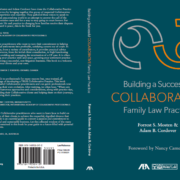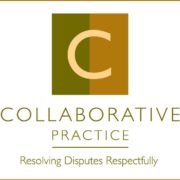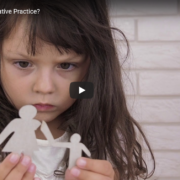Tampa Collaborative Divorce Consultation
Since I opened my law practice, I have received phone calls from potential clients asking if they could bring their spouse to the divorce consultation. Their purpose was to go to a lawyer together, hear the same information, and demonstrate that they are not trying to hire a “pitbull lawyer” or engage in dirty trial tactics. They simply wanted to dissolve their marriage, and they did not want to fight in order to make the divorce happen.
Almost all Tampa Bay divorce lawyers refuse such a request to meet both spouses. In fact, for the first few years, I also would not meet with both parties. The reason was simple: the Florida Bar has found time and again that it is unethical for an attorney to represent both spouses to a divorce because there is an insurmountable conflict of interest. Further, attorneys do not want to even give the impression that they are representing both spouses, so they avoid meeting with both spouses.
But now, I encourage both spouses to come to a divorce consultation. In fact, I charge half my normal consultation fee, because I believe that one of the best ways to ensure that a marriage ends amicably is for both parties to start the divorce process together.
Before the consultation begins, I ask both parties to sign a “dual consultation” conflict waiver. The conflict waiver makes clear that it is our policy that we can only represent the spouse that initially made contact with our firm. It reiterates that my firm cannot represent both parties.
As the spouses could be considered “opposing parties” in traditional legal language, the waiver lets them know that it could be considered a conflict of interest for me to be retained by one spouse after speaking with the other. However, this potential conflict can be waived by the parties, and I ask them to do so.
During the dual consultation, I let the spouses know that I will not be providing legal advice. Instead, I will be discussing process options, including traditional litigation, collaborative practice, and mediation.
I do this so that there is no confusion as to whether attorney-client privilege exists (it does not in dual consultations) and to whom it may apply. I also do this to be able to openly answer both parties’ questions about the process option and to keep things amicable.
If you and your spouse would like to come to a consultation together to discuss collaborative divorce and other options, schedule an appointment at (813) 443-0615 or fill out our contact form.
—
Adam B. Cordover is President of Next Generation Divorce, one of the largest practice groups in the nation. He is also a member of the Research Committee of the International Academy of Collaborative Professionals.
Adam practices exclusively in out-of-court dispute resolution with a focus on collaborative divorce and family law.






Leave a Reply
Want to join the discussion?Feel free to contribute!